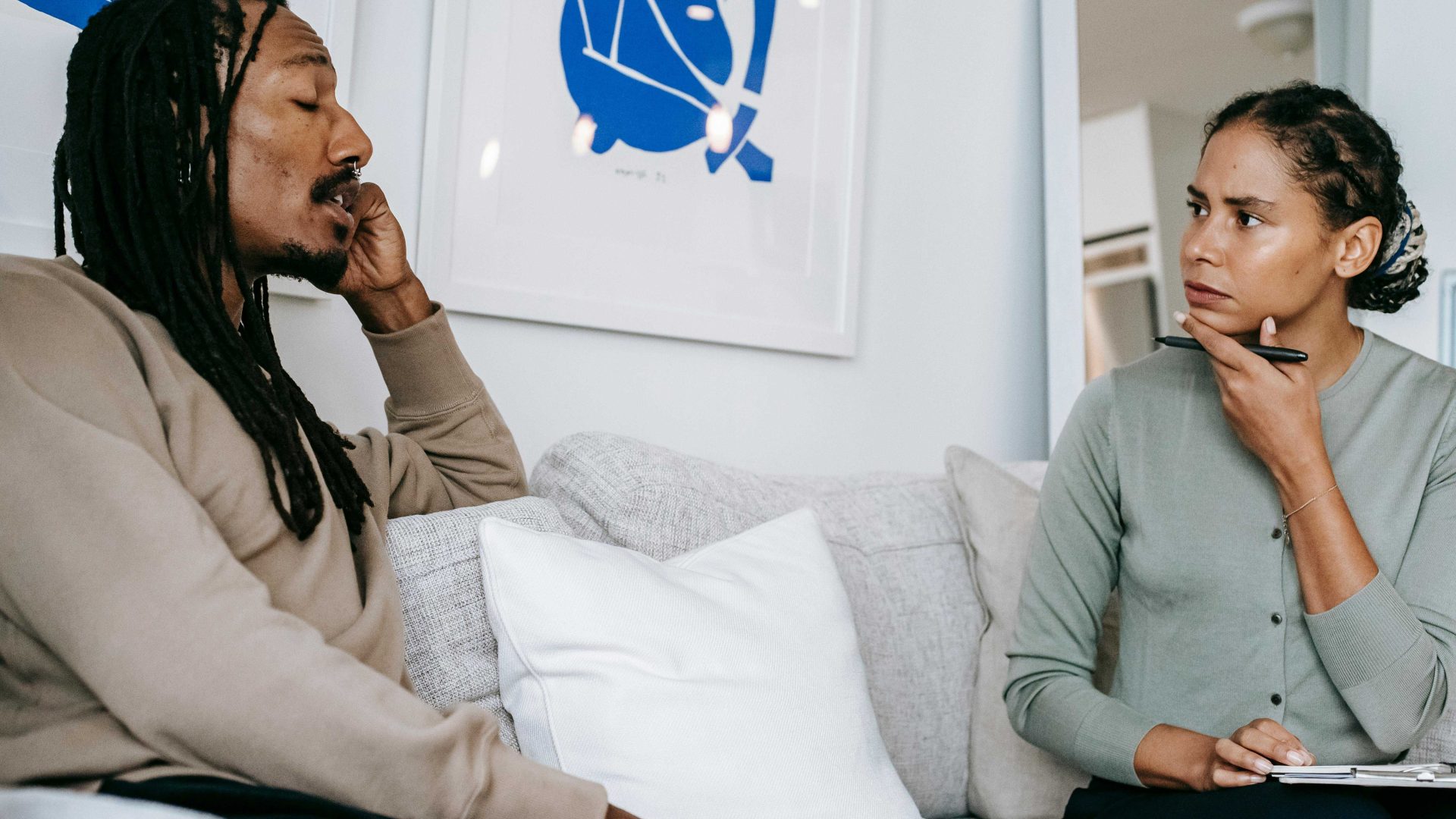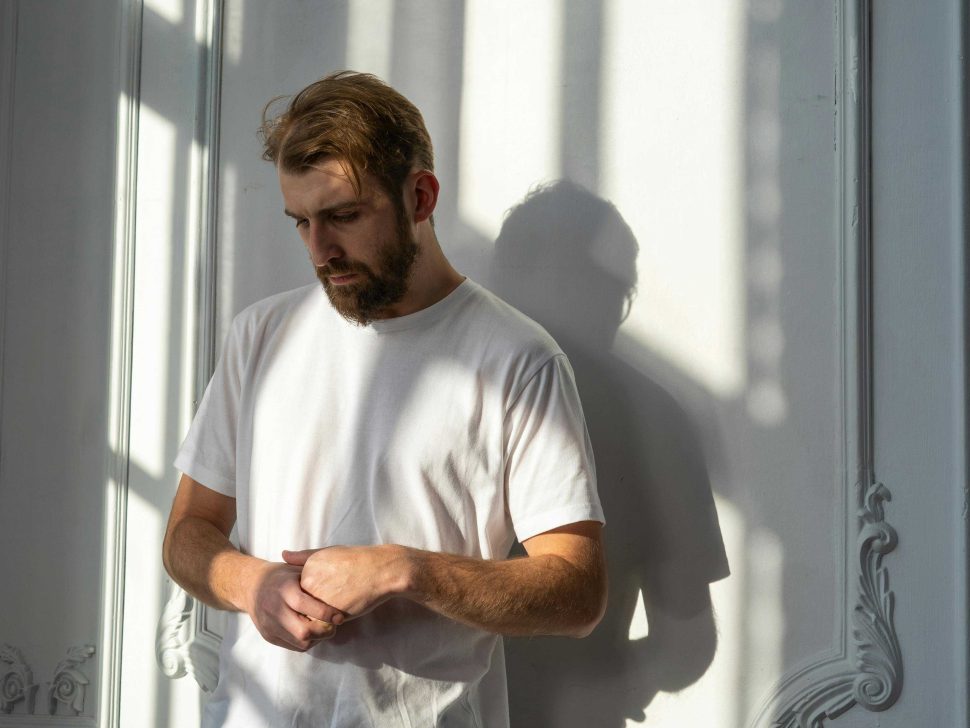Not sure what to expect from counselling? This guide explains how therapy works, what happens in a first session, and how it can help — written for men who feel unsure but curious; by a man who once felt unsure and curious.
Thinking about therapy but not sure what happens? You're not alone. For many men, the idea of sitting down and “talking about stuff” feels unfamiliar — and maybe even uncomfortable.
This guide is written specifically for men — especially those new to therapy or unsure about what the counselling process involves. Whether you’re looking for emotional support, help managing stress or anger, or simply wondering if therapy might help, this article explains what to expect.
Why It Feels Hard to Imagine Therapy
Let’s be honest — as a man, therapy wasn’t something I grow up seeing or talking about. That made it harder to picture what therapy is really like. Societal expectations could be to blame, for often pressuring men to suppress emotions, leading to a lack of familiarity with therapeutic environments [1]. Research indicates that men are less likely to seek mental health support than women, highlighting the need for demystifying the therapy process [2].
Some men worry they’ll be judged. Others think they’ll have to “spill it all” in the first five minutes. Many assume they’ll need to talk about childhood right away — or that they need to have some kind of breakdown before they qualify for help.
None of that’s true.
So, What Actually Happens in a Therapy Session?
The short answer: you talk, your therapist listens — and together, you work out what’s going on and what might help. Everyone’s experience is different, but here’s a rough idea of what you can expect:
The First Session
You’ll begin by going through a contract. This outlines how your therapist works, your rights as a client, associated costs, and what the ethical boundaries and frameworks are. Even the little things, like “can I add my therapist on Facebook?”.
Then, you’ll have space to ask questions, explore what brings you to therapy (if you know), and decide whether this feels like a good fit for you.
The relationship between you and your therapist is a key part of the process, and the first session is about beginning to build that connection — not rushing through it.
After That
You and your therapist will start to build a working relationship — at your pace.
You might use sessions to think aloud, or you might want strategies and tools. Both are valid, and there are lots of different approaches to accommodate this.
What Therapy Is Not
It’s not always about giving direct advice. It is a collaborative process between you and your therapist.
It’s not a place where you should experience any judgment.
It’s not about “fixing” you — because you’re not broken.
It’s not always deep and emotional. Sometimes it’s practical, quiet, or even light-hearted.
It is also important to note that all sessions are confidential, allowing you to speak freely, without fear of your words leaving the room. Although, it’s important to understand the ethical framework and safeguarding boundaries in your first session regarding confidentiality.
Therapy is a space where you can be honest — maybe for the first time in a long time — without having to filter your words or manage anyone else’s reaction. A place where you will be completely free of judgment, with someone who is entirely genuine, and someone who really cares about what you're experiencing. This is all part of the male counselling process [3].
Do I Have to Talk About My Past?
Only if you want to.
Some people want to explore where certain beliefs or behaviours come from — others don’t. Therapy doesn’t always mean digging into childhood. Sometimes, the focus is right here, right now: how you’re feeling, what you’re facing, and what you want to change. This is all part of understanding therapy for men.
What Kind of Therapy Is Right for Me?
There are different types of therapy — and different therapists. Some are more conversational, others more structured. Some use tools, others don't. Please read our other article regarding the different types of therapy.
The most important thing? This could be more about finding a therapist you feel safe and comfortable with...
At Men’s Counselling Service, you can filter therapists by approach, issue, or even whether they offer a free first session — so you can try it out and see how it feels. Explore our therapist profiles and consider filtering by those therapists who offer a free consultation session.
Connect with the Counsellor who wrote this article by clicking the button below: Ben Jefferson MBACP



